15 Foods Gastro Doctors Never Touch + 5 They Eat Sparingly

When it comes to gut health, gastroenterologists are cautious about what they eat. Some foods are known to irritate the gut lining or cause digestive discomfort, while others are enjoyed in moderation. This blog post outlines 15 foods that gastro doctors avoid and 5 they consume sparingly, offering insights into maintaining a healthy digestive system.
1. Processed Meats (like hot dogs & deli ham)

Processed meats like hot dogs and deli ham are often filled with preservatives and sodium, which can irritate the gut lining. These additives also raise cancer risks. Without a doubt, these meats are a no-go for gut health enthusiasts.
Additionally, nitrates used in processed meats can lead to inflammation and other health concerns. Gastroenterologists avoid these foods to prevent long-term health complications. With a preference for fresh, unprocessed meats, they choose options that support, rather than hinder, digestive wellness.
2. Fried Fast Food

Fried fast foods like chicken, fries, and onion rings are notorious for slowing digestion. The heavy oils and fats trigger heartburn, bloating, and inflammation, making them less appealing to those focused on gut health.
Moreover, the caloric density of these foods can lead to unwanted weight gain, exacerbating digestive issues. Gastroenterologists steer clear of these tempting yet problematic meals, opting instead for grilled or baked alternatives that are kinder to the stomach.
3. Artificial Sweeteners (especially sorbitol & sucralose)
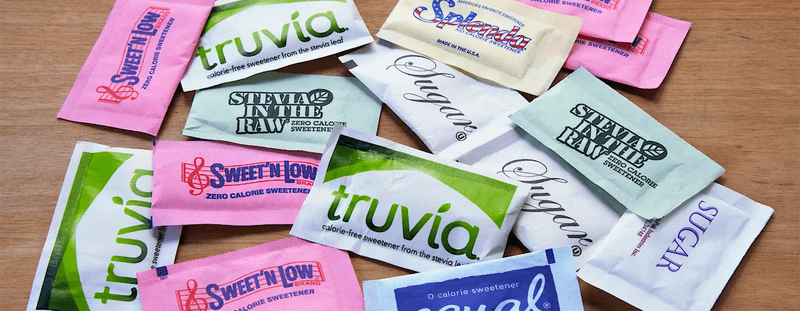
Artificial sweeteners such as sorbitol and sucralose may seem like a healthy alternative to sugar, but they often cause bloating, cramping, and diarrhea. This is particularly true for individuals with IBS, making these sweeteners a risky choice.
Despite their low-calorie promise, the gastrointestinal distress they cause leads gastroenterologists to avoid them. Instead, they recommend natural sweeteners like honey, which offer a safer option for satisfying sweet cravings without upsetting the gut.
4. Soda (especially diet soda)

Soda, especially diet varieties, combines carbonation and artificial sweeteners—a recipe for bloating and gas. This makes soda a beverage gastroenterologists rarely choose.
The high acidity of soda further irritates the gut lining, leading to discomfort and potential long-term issues. Choosing water or herbal teas over soda reflects a commitment to maintaining a calm and content digestive system.
5. Packaged Snack Cakes
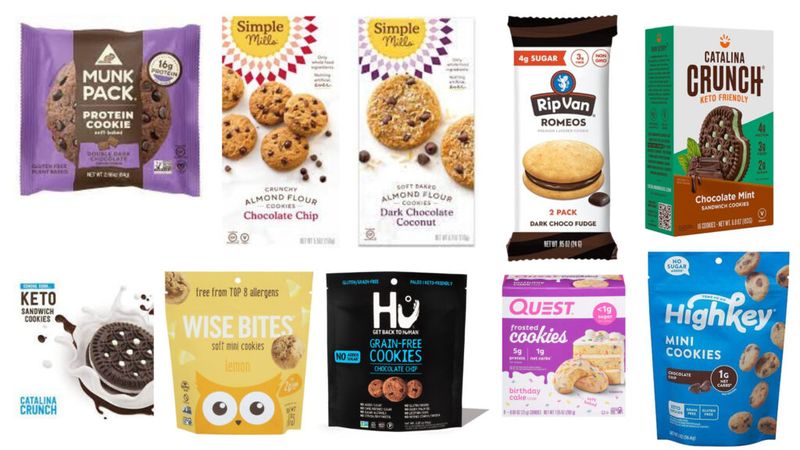
Packaged snack cakes, though convenient, are a gut-disrupting trifecta. Loaded with preservatives, refined sugars, and low-quality fats, they pose significant digestive challenges.
These ultra-processed treats often overshadow their fleeting pleasure with long-lasting gut upset. Gastroenterologists avoid these snacks, preferring whole, unprocessed foods that nourish rather than disrupt. Choosing fresh fruits or homemade snacks provides a more gut-friendly indulgence.
6. Greasy Breakfast Meats (like sausage or bacon)
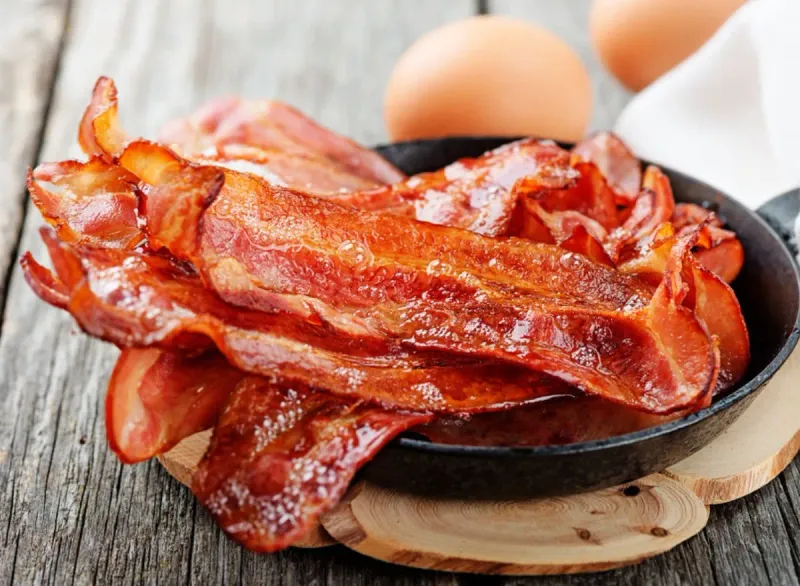
Greasy breakfast meats like sausage and bacon are a staple for many, but not for gastroenterologists. These fatty, heavily salted meats spell trouble for the gut and gallbladder.
Their high-fat content and processing methods lead to inflammation and digestive discomfort. Instead, lean proteins or plant-based alternatives offer a healthier start to the day, aligning with a gentler digestive approach.
7. Microwave Popcorn with Artificial Butter

Microwave popcorn with artificial butter flavoring might seem like a simple snack, but the chemicals in the flavorings are concerning. Some have been linked to inflammation and irritation in the gastrointestinal tract.
Gastroenterologists prefer air-popped popcorn or homemade versions, where they can control the ingredients and avoid unnecessary additives. This swap supports digestive health while still satisfying that crunchy craving.
8. Frozen Diet Dinners
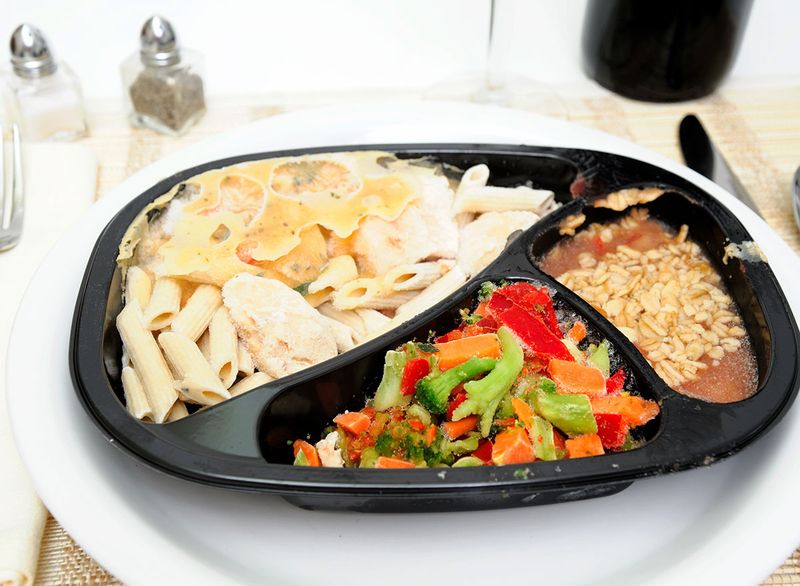
Frozen diet dinners may promise convenience and calorie control, but they often fall short on nutrition. With low fiber, high sodium, and a slew of hard-to-pronounce ingredients, they resemble lab experiments more than food.
For gastroenterologists, these meals do not meet dietary standards for promoting gut health. Fresh, whole food meals are preferred, supporting digestion and overall wellness through natural, wholesome ingredients.
9. Flavored Yogurts with Added Sugar

Flavored yogurts with added sugar are marketed as healthy, but they often contain more sugar than a donut. This sugar content negates any probiotic benefits, making them a poor choice for gut health.
Gastroenterologists recommend opting for plain yogurt, allowing natural flavors and sweetness from fresh fruits to shine. This approach maintains the probiotic advantages while minimizing sugar intake, supporting a balanced digestive ecosystem.
10. Cheese Dips & Processed Cheese Slices

Cheese dips and processed cheese slices may seem convenient, but their ingredients tell a different story. Filled with emulsifiers and additives, they upset sensitive digestive systems.
Gastroenterologists steer clear of these faux cheeses, choosing real, aged cheeses in moderation instead. This choice supports a more natural approach to eating, aligning with digestive health and overall wellness goals.
11. Energy Drinks

Energy drinks, known for their extreme caffeine and sugar overload, pose challenges for gut health. Their artificial ingredients further complicate digestion, making them a beverage gastroenterologists avoid.
These drinks can disrupt sleep and increase anxiety, both of which negatively impact digestion. Water or herbal teas provide more gut-friendly hydration, aligning with a balanced, health-focused lifestyle.
12. White Bread & Refined Flour Products

White bread and refined flour products are stripped of fiber and nutrients, leading to blood sugar spikes and sluggish digestion. Gastroenterologists favor whole grains that support gut motility and offer nutritional benefits.
Choosing whole grain alternatives over refined options reflects a commitment to long-term digestive health. These swaps promote regularity and provide the body with essential nutrients, aligning with a healthful, whole-food diet.
13. Canned Chili or Heavily Processed Stews
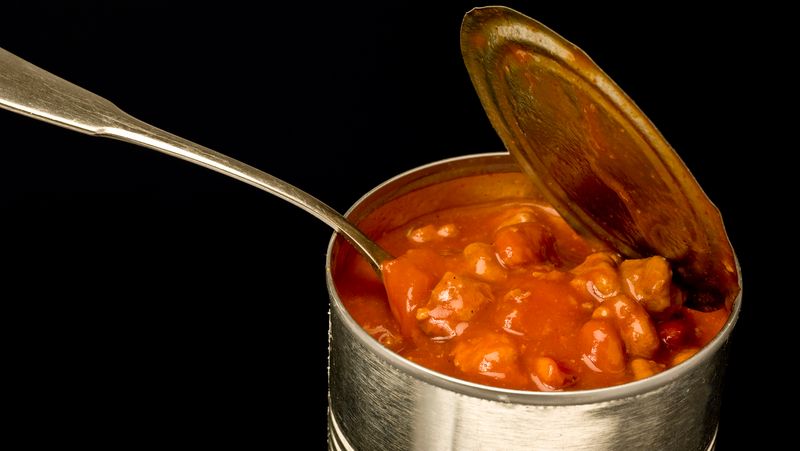
Canned chili and heavily processed stews are notorious for high fat, salt, and mystery ingredients. They are difficult to digest, leading to bloating and discomfort.
Gastroenterologists often steer clear of these ready-made meals, preferring homemade versions where ingredients can be controlled. This choice aligns with a focus on fresh, whole foods that nourish the body and support gut health.
14. Sweetened Nut Butters
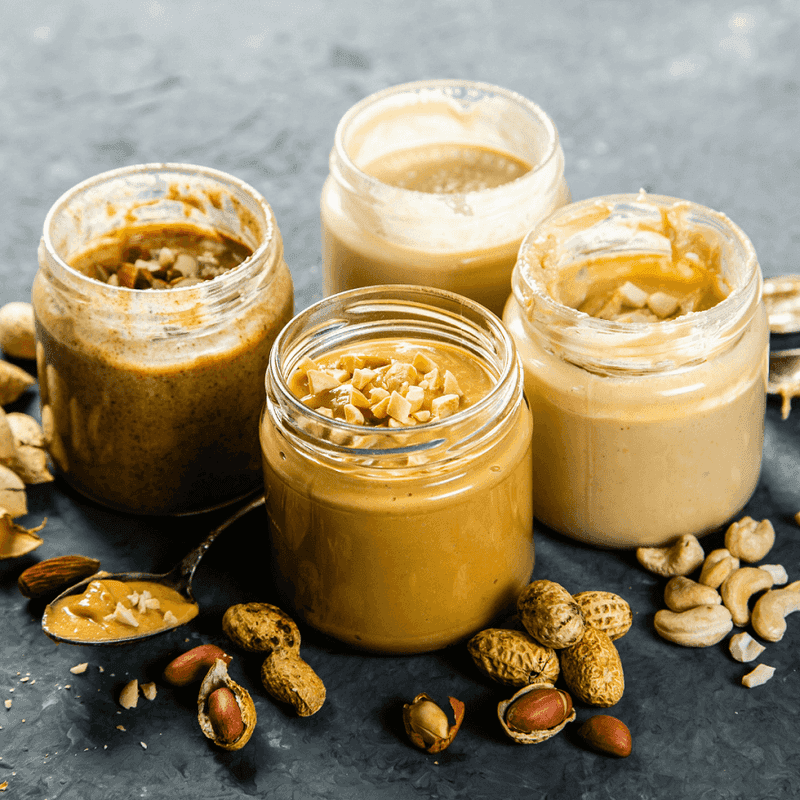
Sweetened nut butters might sound appealing, but added sugars, hydrogenated oils, and emulsifiers can turn a healthy nut into a digestive nightmare. Gastroenterologists recommend choosing unsweetened, natural versions.
Natural nut butters provide healthy fats and proteins without the gut-disrupting additives. This simple swap supports digestive wellness and complements a balanced, nutritious diet.
15. Frozen “Creamy” Pasta Meals

Frozen “creamy” pasta meals combine rich sauces, preservatives, and low fiber content, leading to sluggish digestion and gastrointestinal discomfort. These meals are often avoided by gastroenterologists.
Instead, they recommend preparing pasta dishes at home, using fresh ingredients and whole grain pasta. This allows for better control over nutritional content and supports a healthy digestive system.
16. Red Meat (especially steaks and burgers)
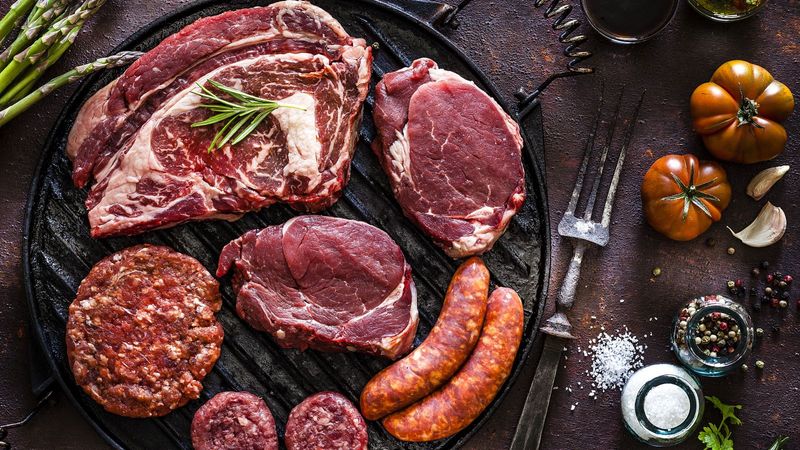
High in saturated fat, red meats like steaks and burgers are indulgences that gastroenterologists treat sparingly. These meats are harder to digest, making leaner proteins the preferred daily choice.
Gastroenterologists often reserve red meat for special occasions, balancing taste with digestive considerations. By focusing on plant-based proteins and lean meats, they promote a diet that supports digestive health and overall wellness.
17. Alcohol (especially beer and cocktails)
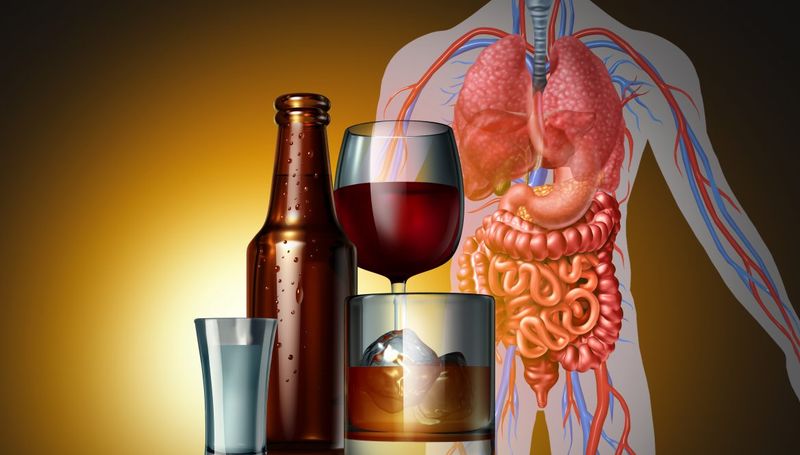
Alcohol, particularly beer and cocktails, can inflame the stomach lining and disrupt gut bacteria. Gastroenterologists approach alcohol with caution, recognizing its impact on digestion and overall health.
Moderation is key, with many choosing to limit intake or abstain altogether. This careful approach helps maintain a balanced digestive system and supports long-term health goals.
18. Coffee (in excess)
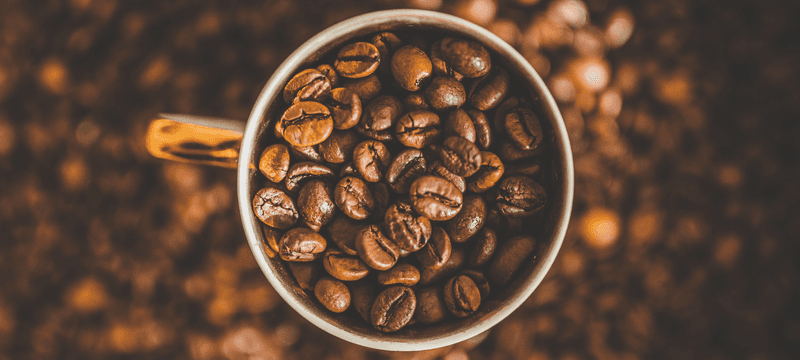
Coffee, while beloved, is a known gut stimulant, sometimes leading to bathroom emergencies or reflux. Gastroenterologists recommend moderation, balancing the perks of a cup with potential discomfort.
A single cup can be fine, but excessive consumption may irritate the digestive tract. They often suggest alternatives like herbal teas or decaffeinated options to ensure a calm, comfortable gut.
19. Dairy (especially whole milk and cream)

Dairy products, notably whole milk and cream, can be troublesome for those with lactose intolerance. Even those without intolerance may experience bloating or discomfort.
Gastroenterologists often suggest moderation or alternative options like lactose-free milk. These choices support digestion and minimize potential gut irritations, aligning with a health-focused dietary plan.
20. Raw Cruciferous Veggies (like broccoli & cauliflower)
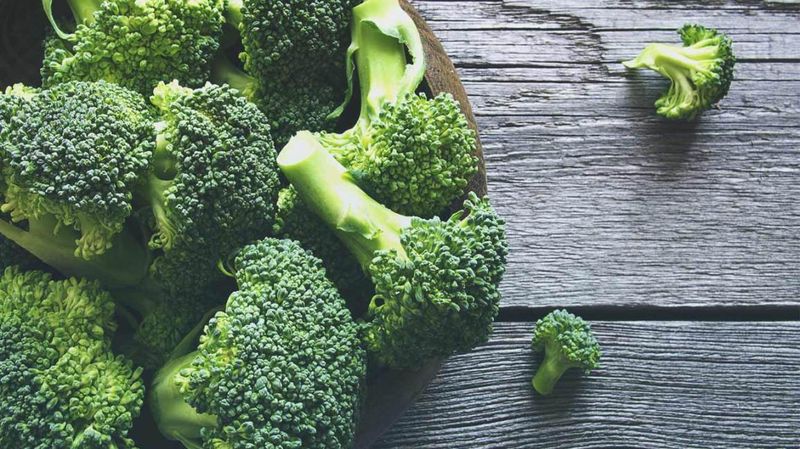
Raw cruciferous veggies, including broccoli and cauliflower, are nutrient-rich but can be tough on the gut in large amounts. Gastroenterologists recommend enjoying them cooked for easier digestion.
This method preserves their health benefits while minimizing digestive strain. By steaming or roasting, the nutritional value is retained, and the body can better absorb their goodness without discomfort.
